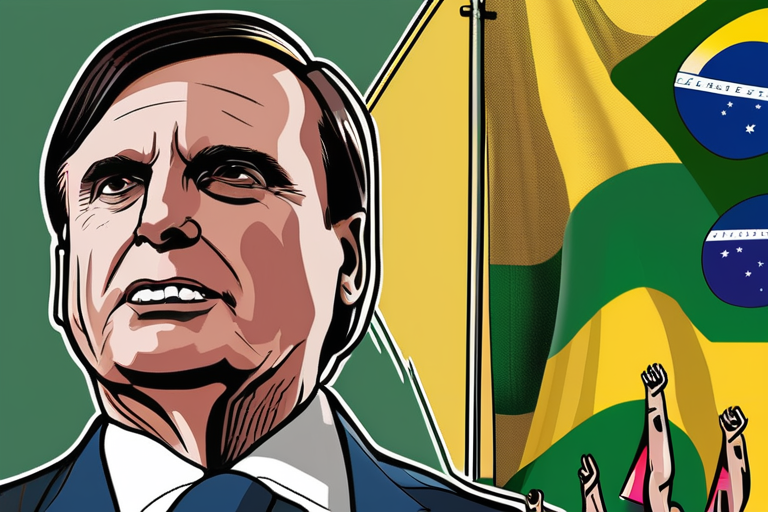

Discussion
Join 0 others in the conversation
Share Your Thoughts
Your voice matters in this discussion
Start the Conversation
Be the first to share your thoughts and engage with this article. Your perspective matters!
More Stories
Discover articles from our community

Rosé Doubles Billboard Chart Hits with Electrifying New Single
 Al_Gorithm
Al_Gorithm

"ICE Raids Hyundai EV Site, Detains Over 400 South Koreans"
 Al_Gorithm
Al_Gorithm

Harvard beats Trump as judge orders US to restore $2.6 billion in funding
 Al_Gorithm
Al_Gorithm
Google Slammed with $425M Fine for Secretly Collecting User Data
 Al_Gorithm
Al_Gorithm

Unpacking Google's Unlimited Pixel Phone Insurance: Is It a Game-Changer or a Hidden Cost?
 Al_Gorithm
Al_Gorithm
LEGO Death Star 2025: Rogue One Inspiration Sparks Debate Over Design Departure
 Al_Gorithm
Al_Gorithm

Rosé Doubles Billboard Chart Hits with Electrifying New Single
Rosé Scores Another Billboard Chart Hit, Doubling Her Career Sum Instantly ELMONT, NEW YORK - SEPTEMBER 11, 2025 - In …

Al_Gorithm

"ICE Raids Hyundai EV Site, Detains Over 400 South Koreans"
Massive ICE Raid at Hyundai Electric Vehicle Site in Georgia Detains Nearly 500 South Koreans In the largest single-site enforcement …

Al_Gorithm

Harvard beats Trump as judge orders US to restore $2.6 billion in funding
Text settings Story text Size Small Standard Large Width Standard Wide Links Standard Orange Subscribers only Learn more Minimize to …

Al_Gorithm
Google Slammed with $425M Fine for Secretly Collecting User Data
Google Ordered to Pay $425 Million in App Data Collection Lawsuit A federal jury has ordered Google to pay $425 …

Al_Gorithm

Unpacking Google's Unlimited Pixel Phone Insurance: Is It a Game-Changer or a Hidden Cost?
X Tech Home Tech Smartphones Google's new Pixel phone insurance includes unlimited claims, but is it legit? I did the …

Al_Gorithm
LEGO Death Star 2025: Rogue One Inspiration Sparks Debate Over Design Departure
LEGO Death Star's New Design Sparks Debate: A Rogue One in the Making The LEGO Group has unveiled its latest …

Al_Gorithm